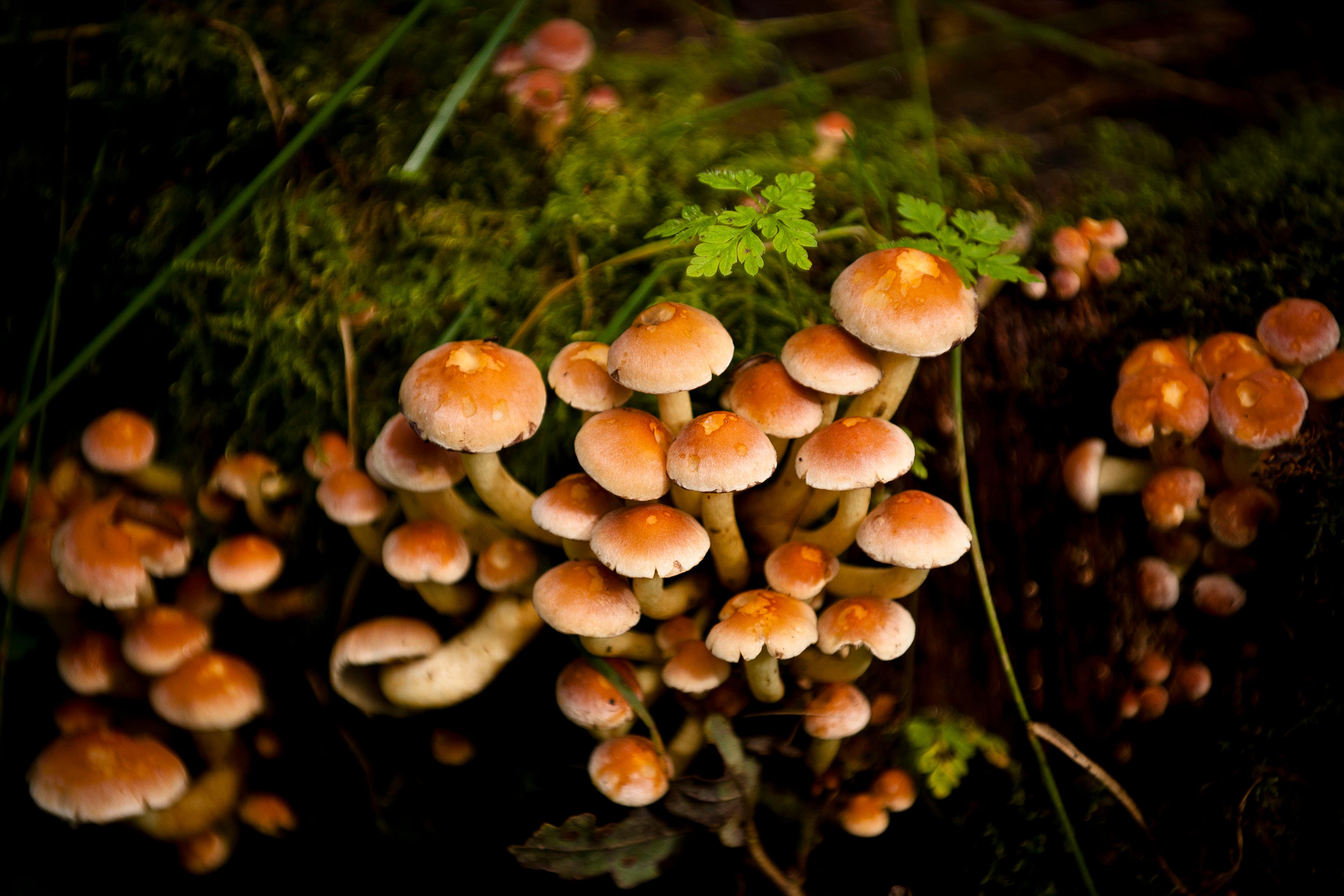Fungi-tree planting could feed millions while capturing tonnes of carbon, study finds
Research found fungi growing alongside trees could produce nutritious food source for nearly 19 million people per year

Your support helps us to tell the story
From reproductive rights to climate change to Big Tech, The Independent is on the ground when the story is developing. Whether it's investigating the financials of Elon Musk's pro-Trump PAC or producing our latest documentary, 'The A Word', which shines a light on the American women fighting for reproductive rights, we know how important it is to parse out the facts from the messaging.
At such a critical moment in US history, we need reporters on the ground. Your donation allows us to keep sending journalists to speak to both sides of the story.
The Independent is trusted by Americans across the entire political spectrum. And unlike many other quality news outlets, we choose not to lock Americans out of our reporting and analysis with paywalls. We believe quality journalism should be available to everyone, paid for by those who can afford it.
Your support makes all the difference.Growing edible mushrooms alongside trees can produce a valuable food source for millions of people while capturing carbon, a new study has found.
For the last two years, Paul Thomas, honorary professor at the University of Stirling’s Faculty of Natural Sciences, has been collating and analysing data from studies on the emerging field of mycoforestry.
His analysis found that the cultivation of edible ectomycorrhizal fungi (EMF) in forests may sequester up to 12.8 tonnes of carbon per hectare annually.
His research also found fungi growing “in symbiosis with” – close by -trees could produce a nutritious food source for nearly 19 million people per year.
“Fungi that grow in symbiosis with living trees are used to create a food crop from new tree plantings, and we found that production of fungi using this system can lead to a very significant sequestration of greenhouse gas,” he said.
“This is a huge benefit which means that by producing this food we can actively help mitigate climate change.
“When we compared this with other major food groups, this is the only one that would result in such benefits – all other major food categories lead to a greenhouse gas emission during production.”
There is currently a significant global issue of land-use conflict between forestry and food production.
Scientists have said according to data for 2010 to 2020, net loss of forest area remains high at some 4.7 million hectares per year.
Demand for agricultural land is said to be the biggest driver of global deforestation and this is forecast to accelerate.
Professor Thomas said mushrooms growing on trees will not only reduce the need for deforestation to make way for crops, but also incentivise tree planting.
He said if the fungi-tree growing system was combined with current forestry activities, food production levels could be huge.
He claimed if the method had been used in forestry that has taken place during the last 10 years, enough food could have been produced to feed 18.9 million people annually.
“For China alone, their forestry activity for the last 10 years could have put in place a food production system capable of enough calorific output to feed 4.6 million people annually,” he added.
With his results, he has called on scientists to join his research and to gather support from relevant agencies to act on his findings.
He added: “This food production system is highly scalable, realistic and a potentially powerful route to sequester greenhouse gas.
“It would help with biodiversity and conservation globally, triggering rural socio-economic development and providing an incentive for increased tree-planting rates with all the associated benefits that brings.”
The study, which Professor Thomas worked on in partnership with the dean of the Faculty of Natural Sciences, professor Alistair Jump, has been published in PNAS (The Proceedings of the National Academy of Sciences), a journal of The National Academy of Sciences (NAS).

